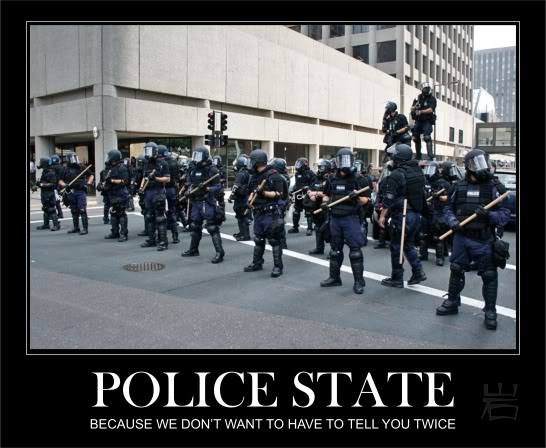NDAA Bll Aims To suppress Internet Freedoms
The bill Contains language that would effectively allow pentagon to wage cyber war.With the
authority to label certain people as belligerent or as terrorist, it will no doubt be tested in
the realm of web journalism.The bill also posses threat to Occupy Wall Street protesters as well
as Tea Party activist and the development of any hardline third party, or ultra conservative or
liberal third party as the vague nature of the language will easily allow for them to classified
belligerent or in support of terrorist.
to demonstrate the direction they intend to go, heres an excerpt from the bill”Congress affirms
that the Department of Defense has the capability, and upon direction by the President may
conduct offensive operations in cyberspace to defend our Nation, Allies and interests, subject
to (1) the policy principles and legal regimes that the Department follows for kinetic
capabilities, including the law of armed conflict; and (2) the War Powers Resolution.”
662 billion dollars is allocated towards military operations funding, including Iraq, Afghanistan
and more likely Syria and eventually Iran.But a fair amount of language about detention of
citizens deemed supportive to terrorist or belligerent is included.There is also some language
referencing sanction protocol in relation to Iran.
It seems that the pentagon is worried about cyber threats with the implementation of the new
smart grid.However, the Pentagon believes that “non-state actors increasingly threaten to
penetrate and disrupt DOD networks and systems.” To address this cyber threat, the Pentagon
released a plan declaring the Internet a “domain of war,” claiming how hostile groups “are
working to exploit DOD unclassified and classified networks, and some foreign intelligence
organizations have already acquired the capacity to disrupt elements of DOD’s information
infrastructure.”
“The U.S. is vulnerable to sabotage in defense, power, telecommunications, banking,” said Sami
Saydjari, a former Pentagon cyber expert. “An attack on any one of those essential
infrastructures could be as damaging as any kinetic attack on U.S. soil.”
“If you shut down our power grid, maybe we will put a missile down one of your smokestacks,”
said one Pentagon official, prior to releasing its cybersecurity plan.
In other words, the Pentagon is afraid that with the Internet’s capability to disseminate
information instantly, the spread of information or ideas “not consistent with U.S. government
themes and messages” could be too powerful and dangerous to national security



Leave a comment